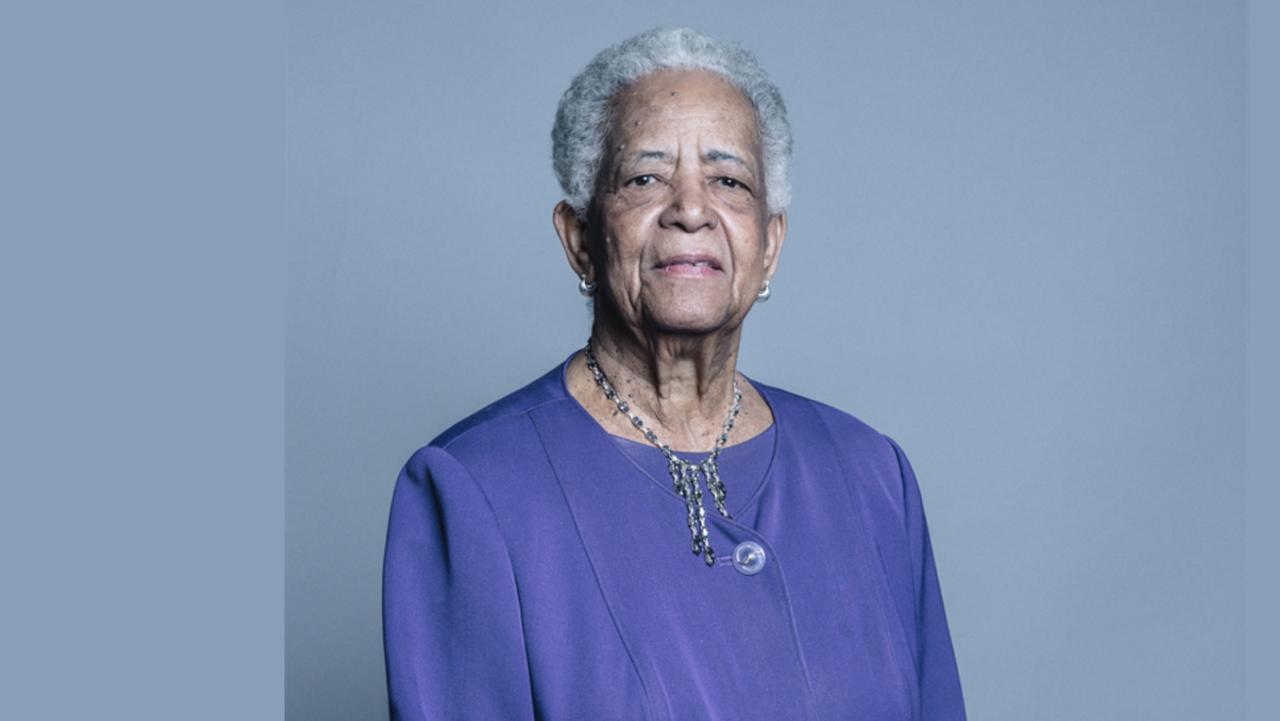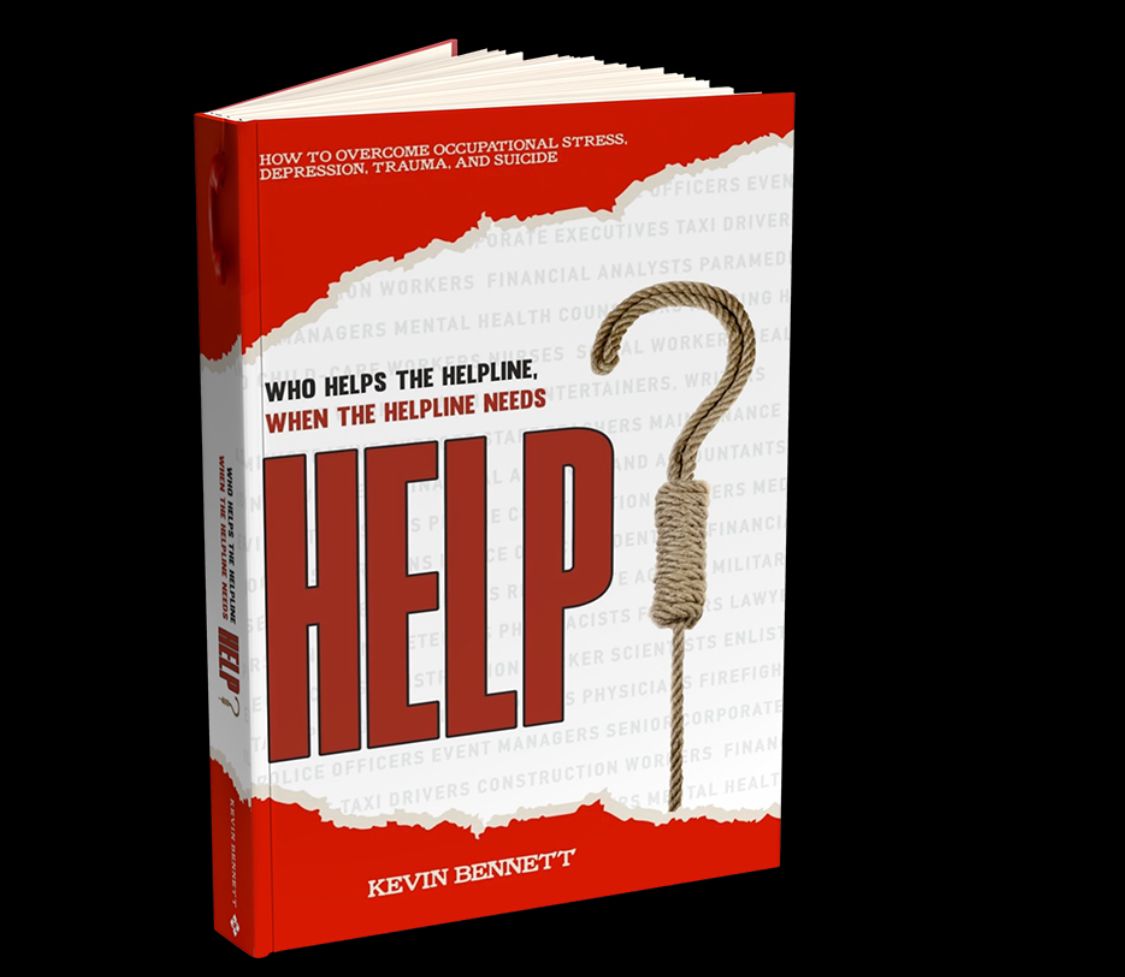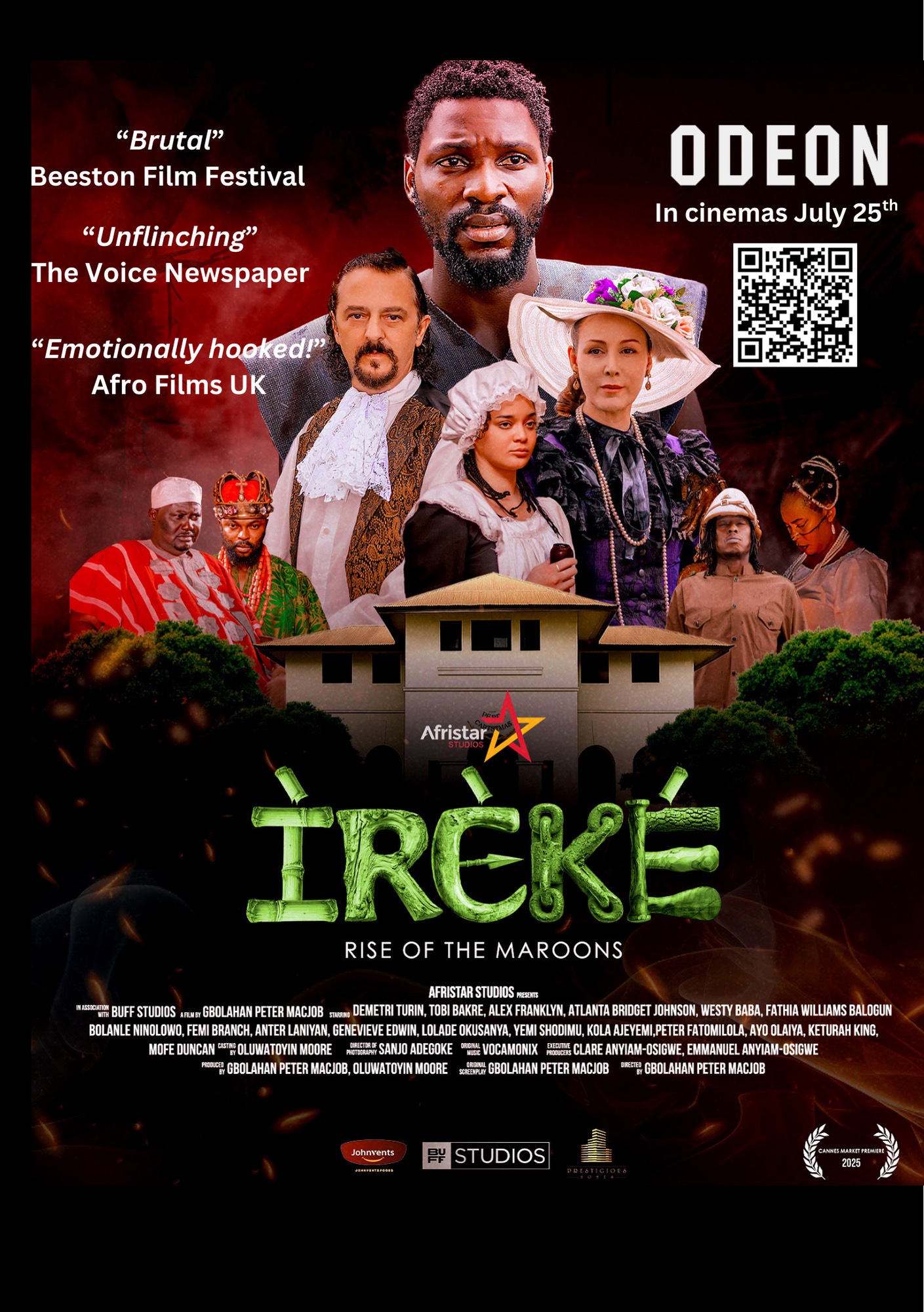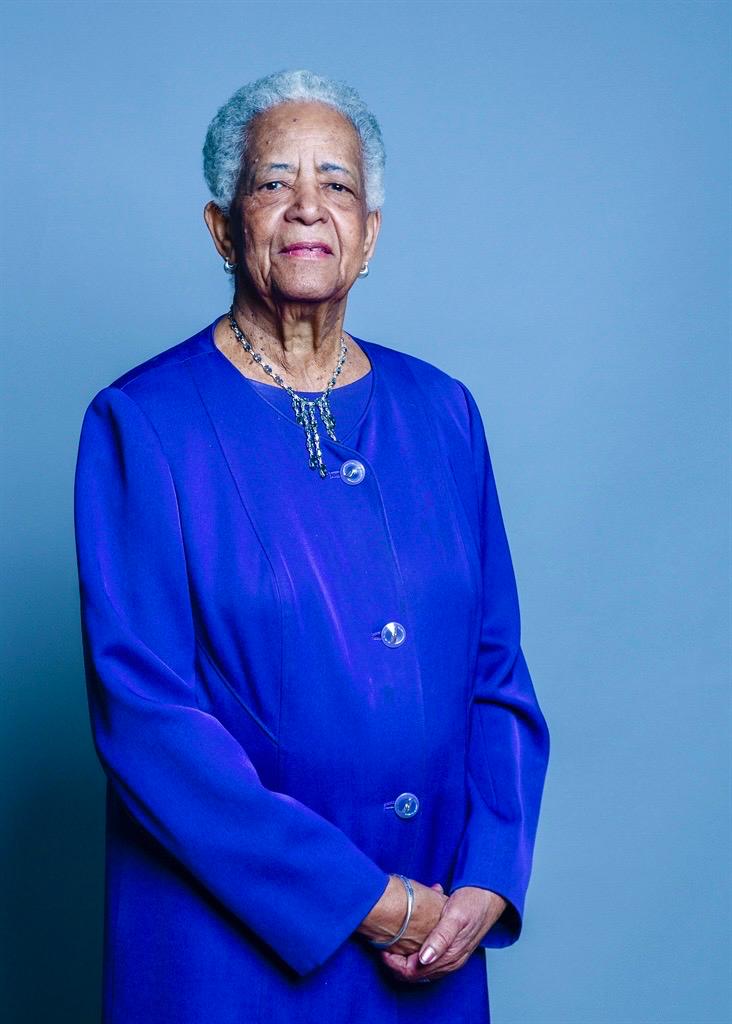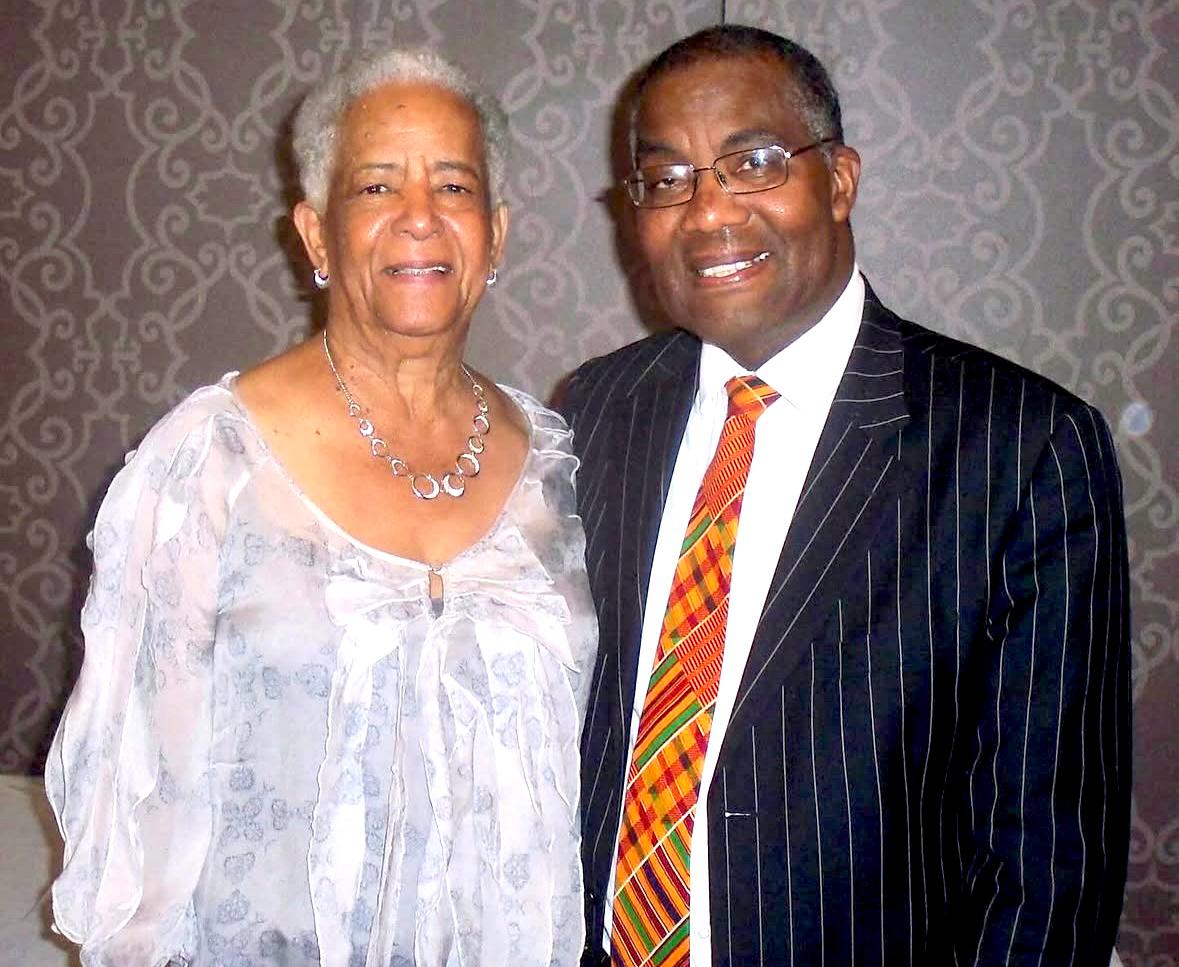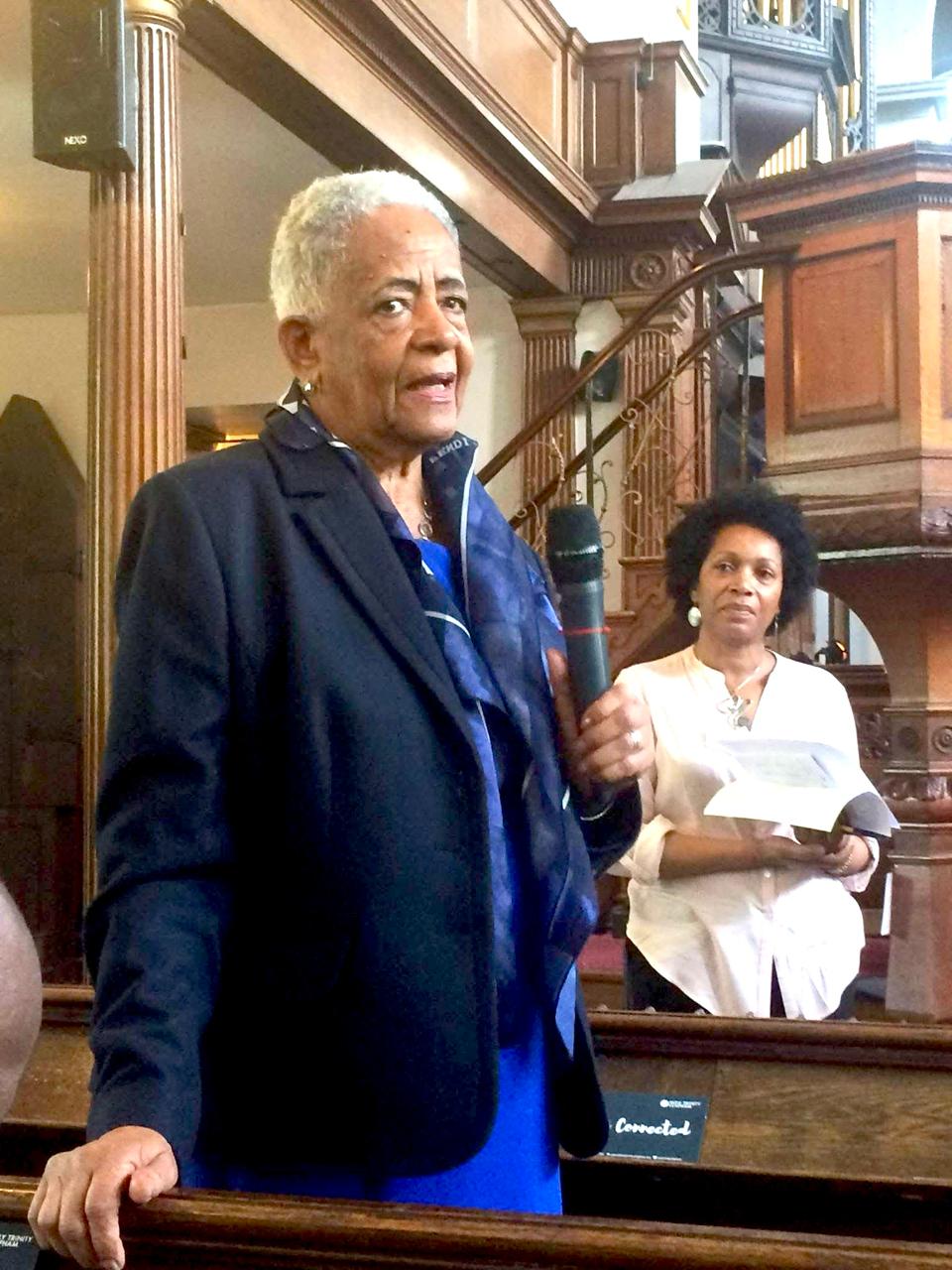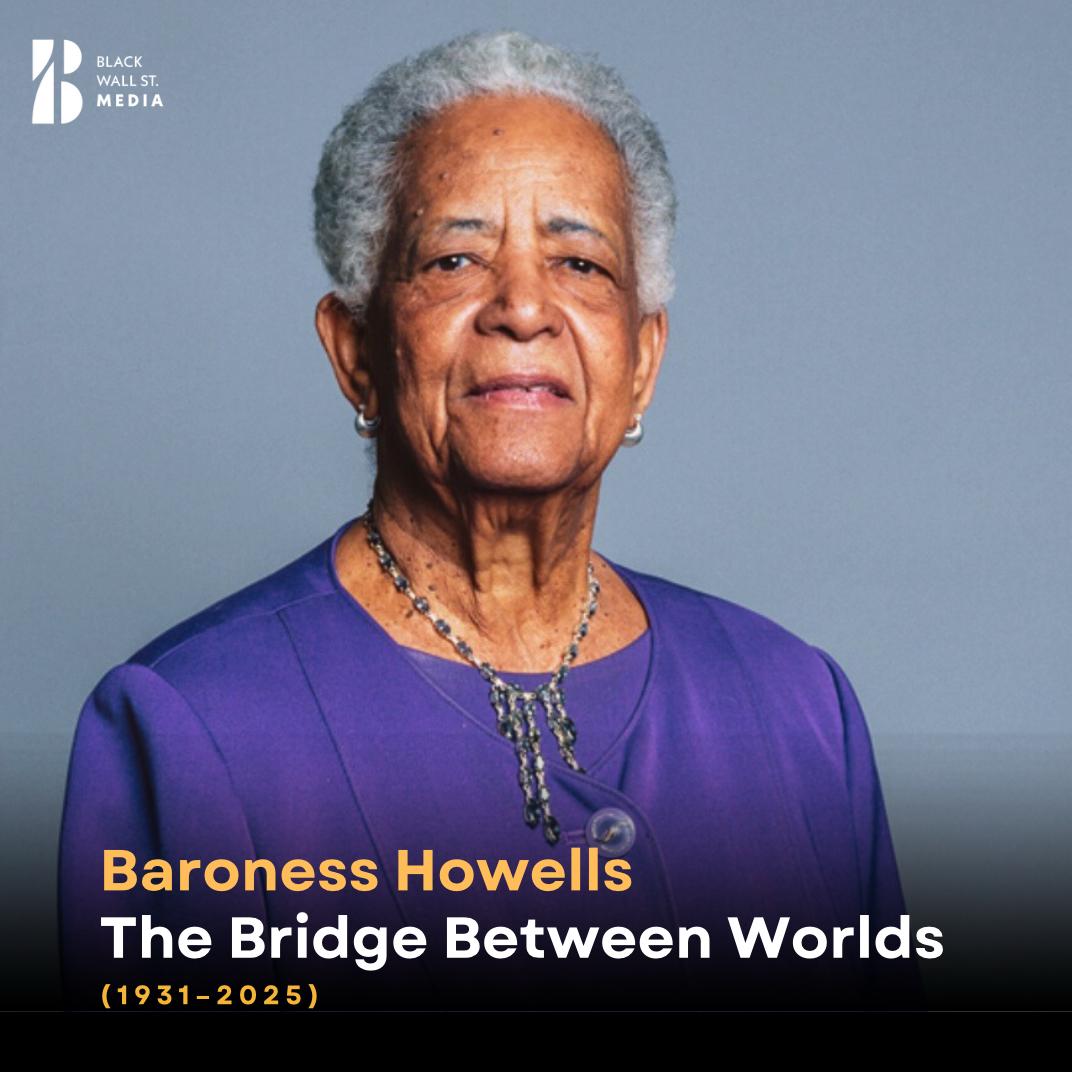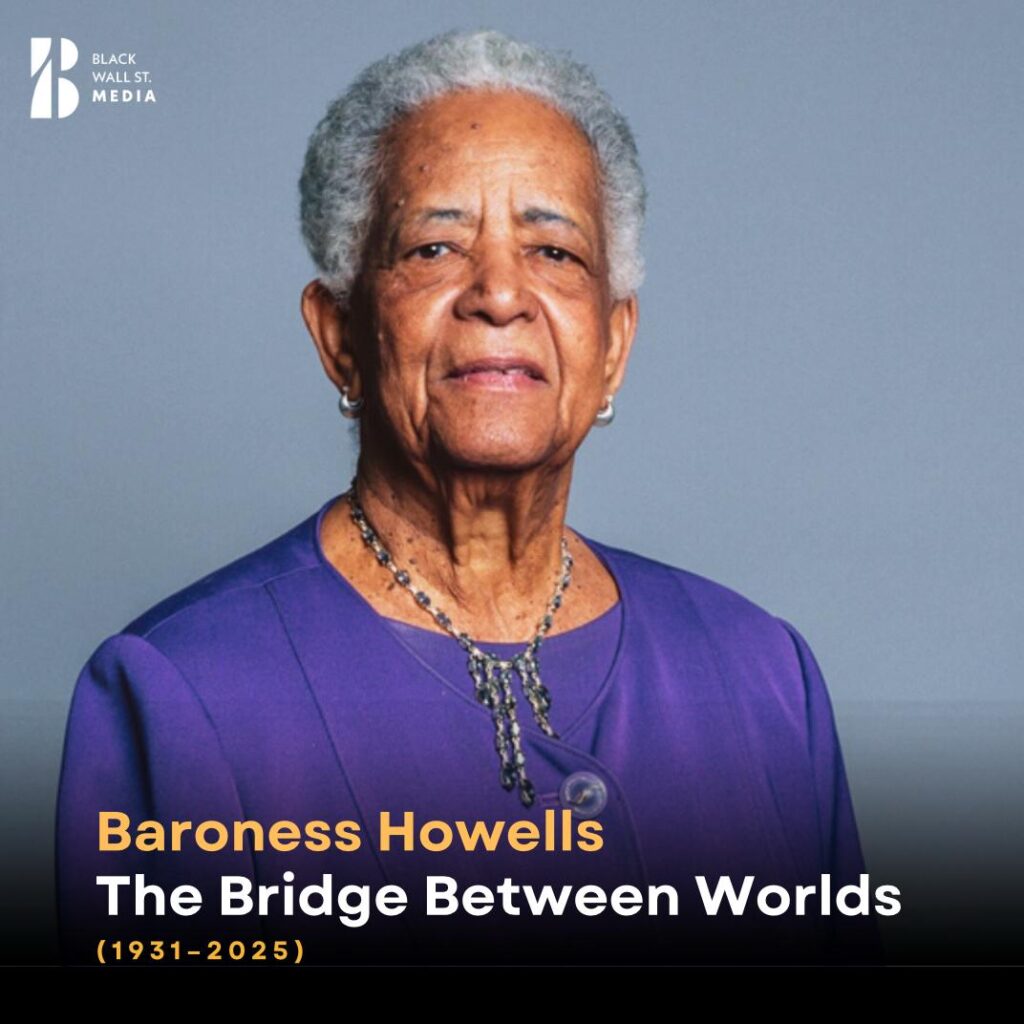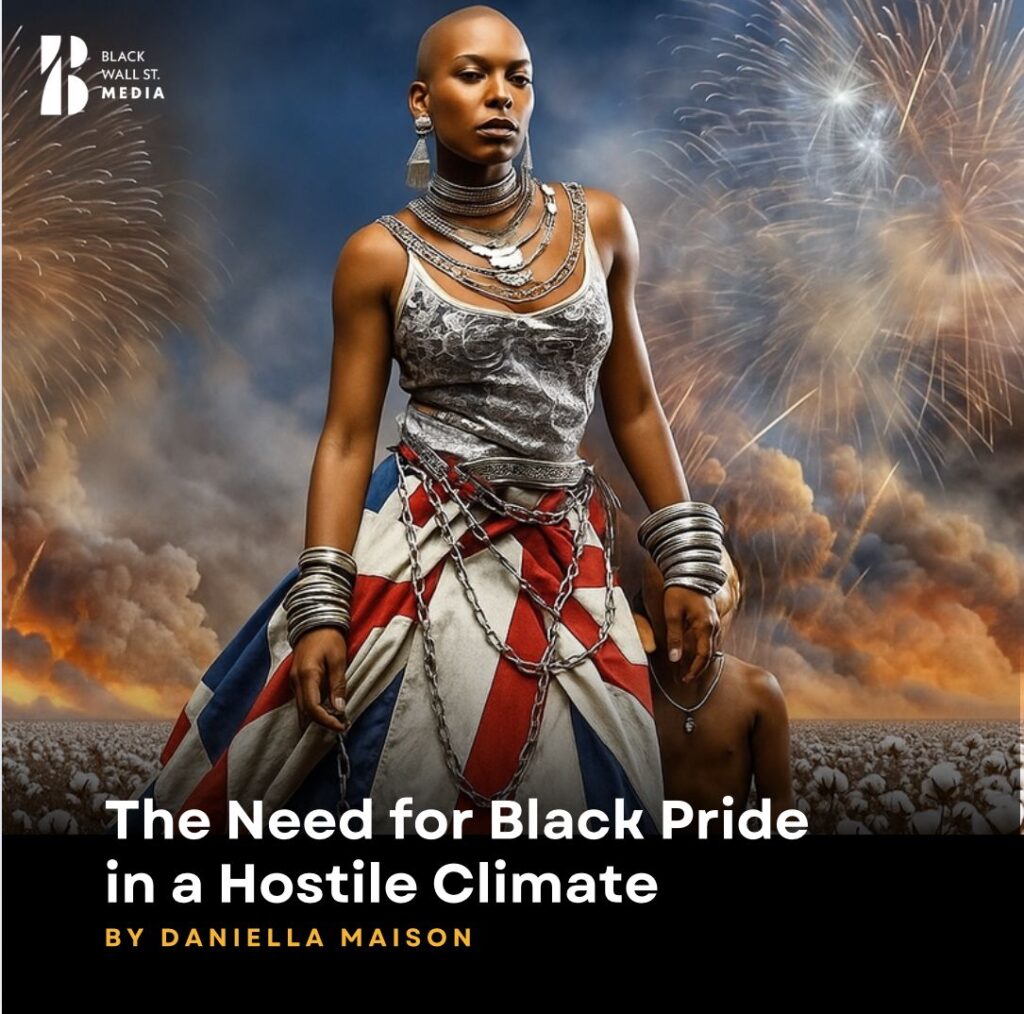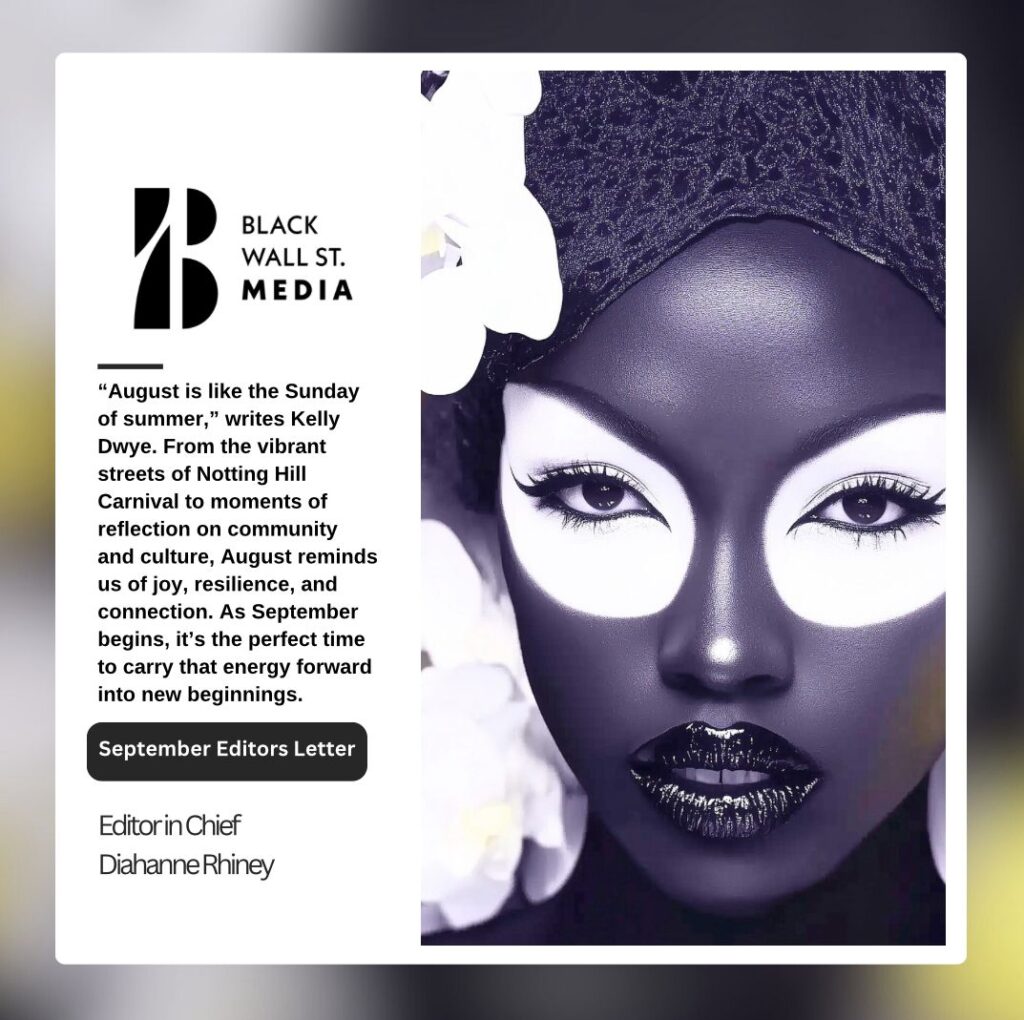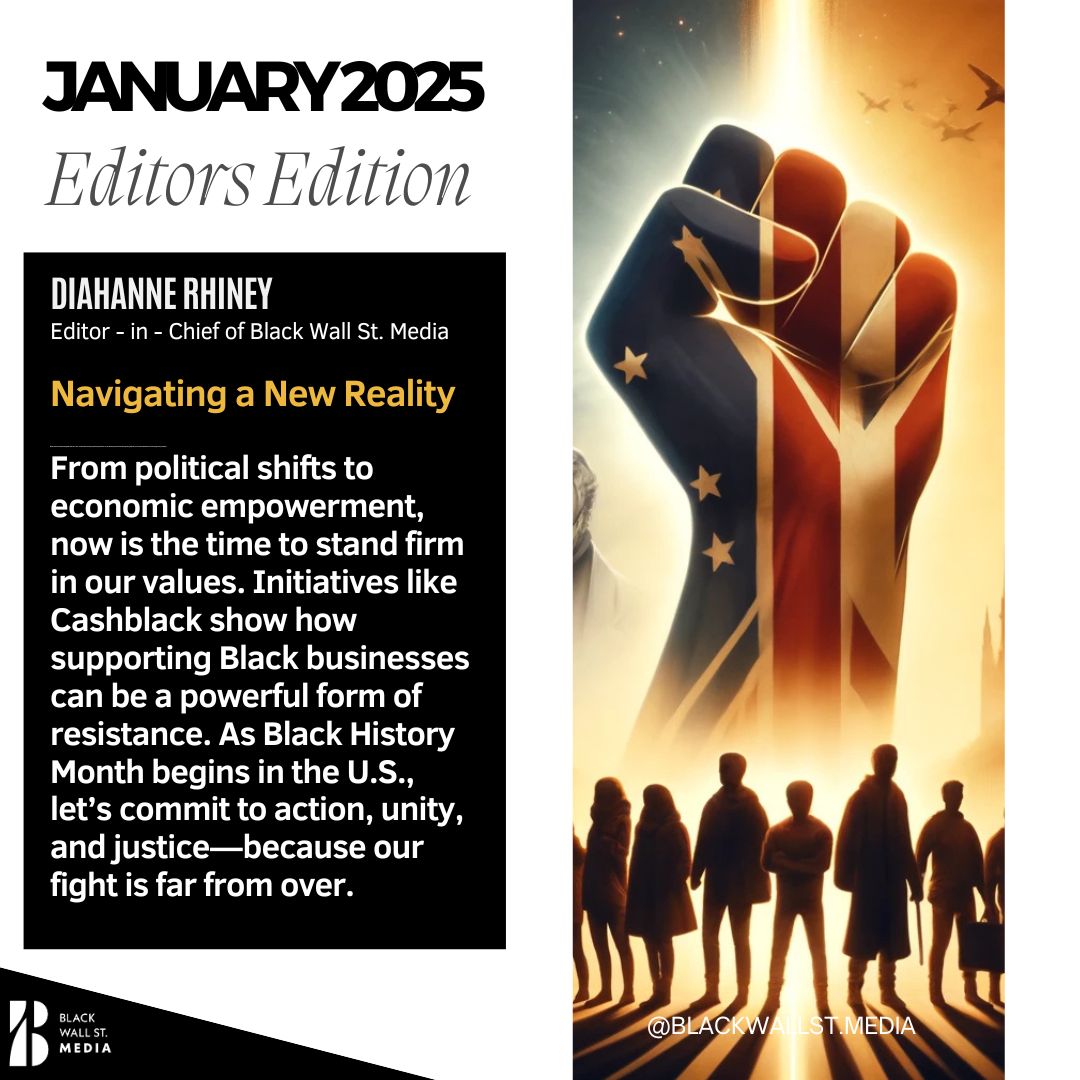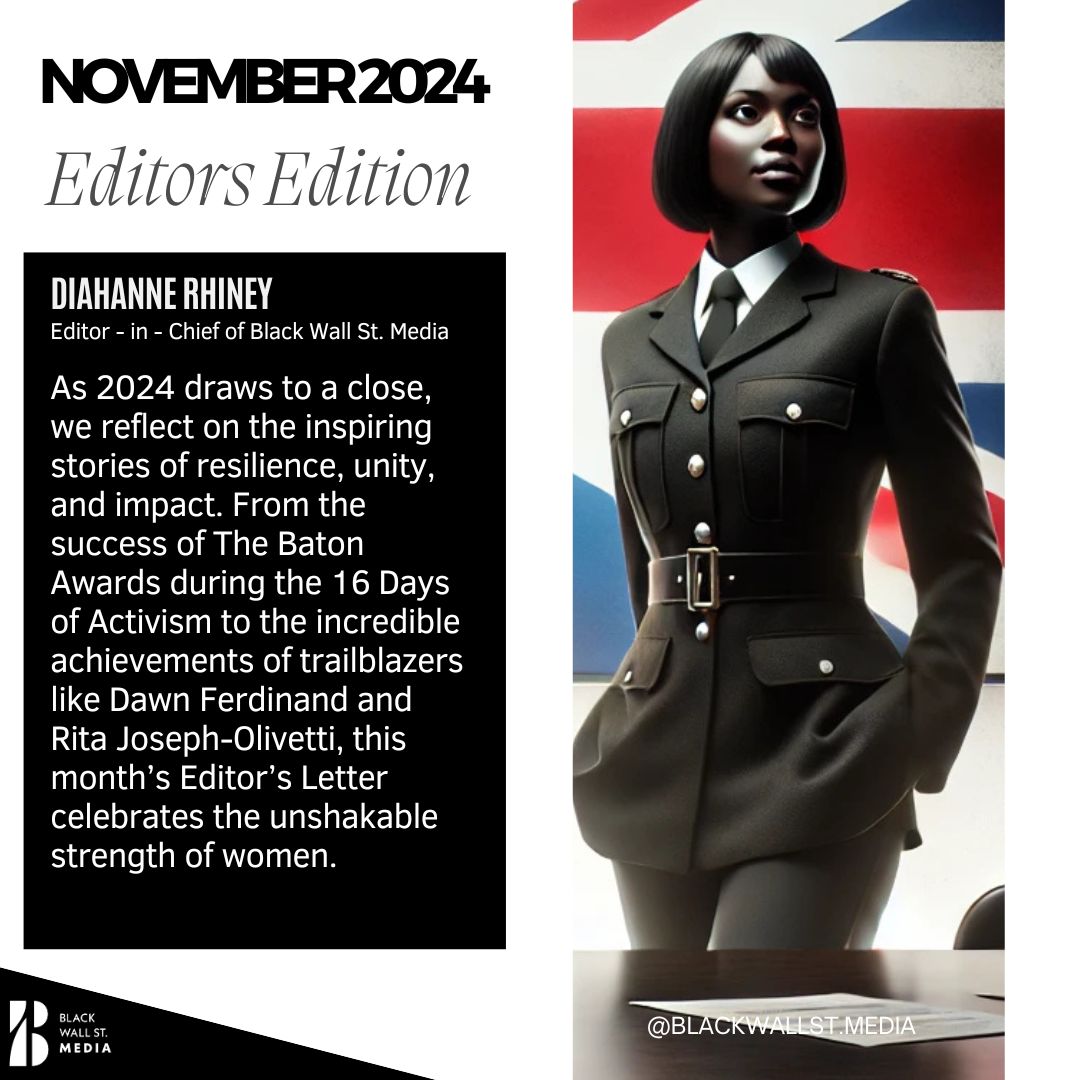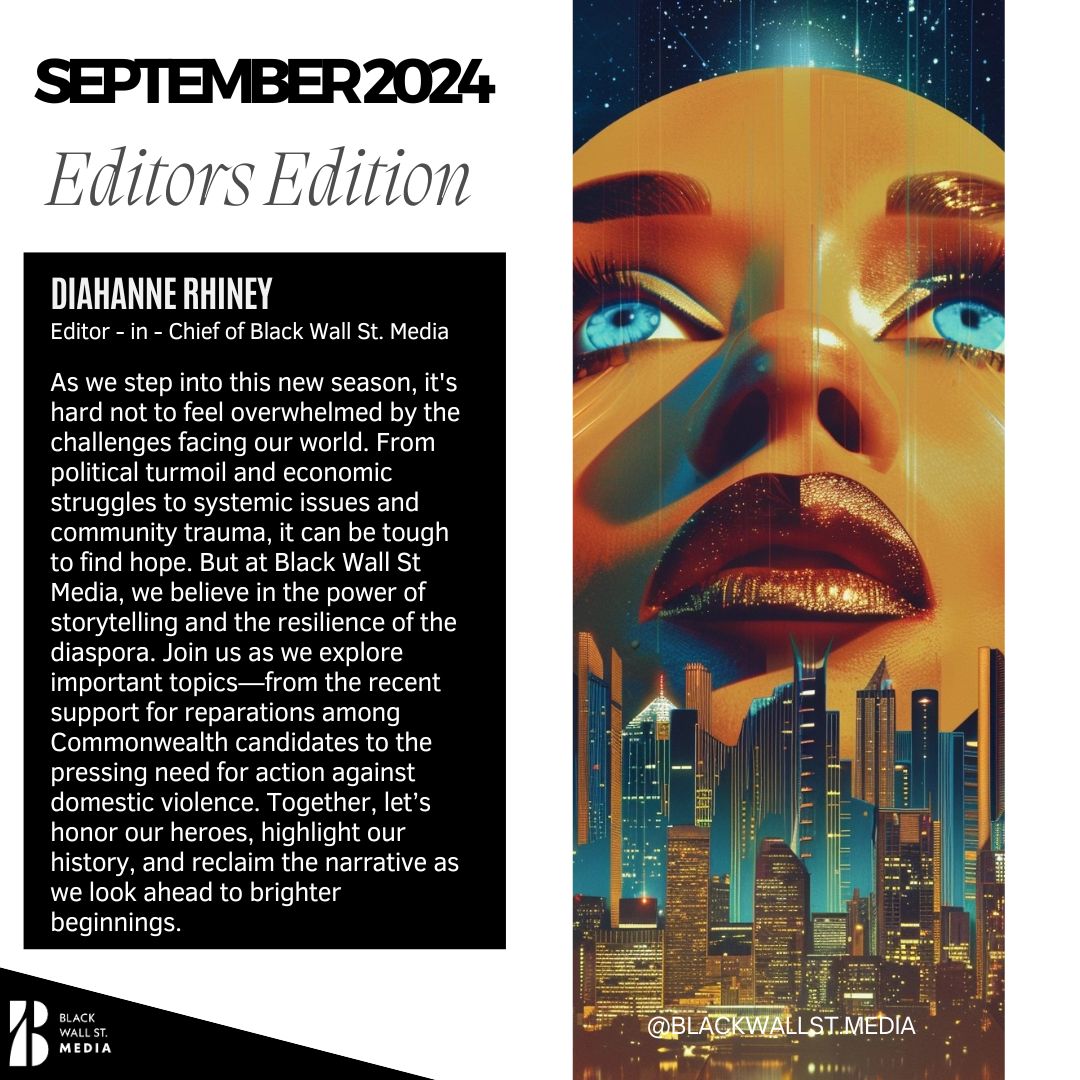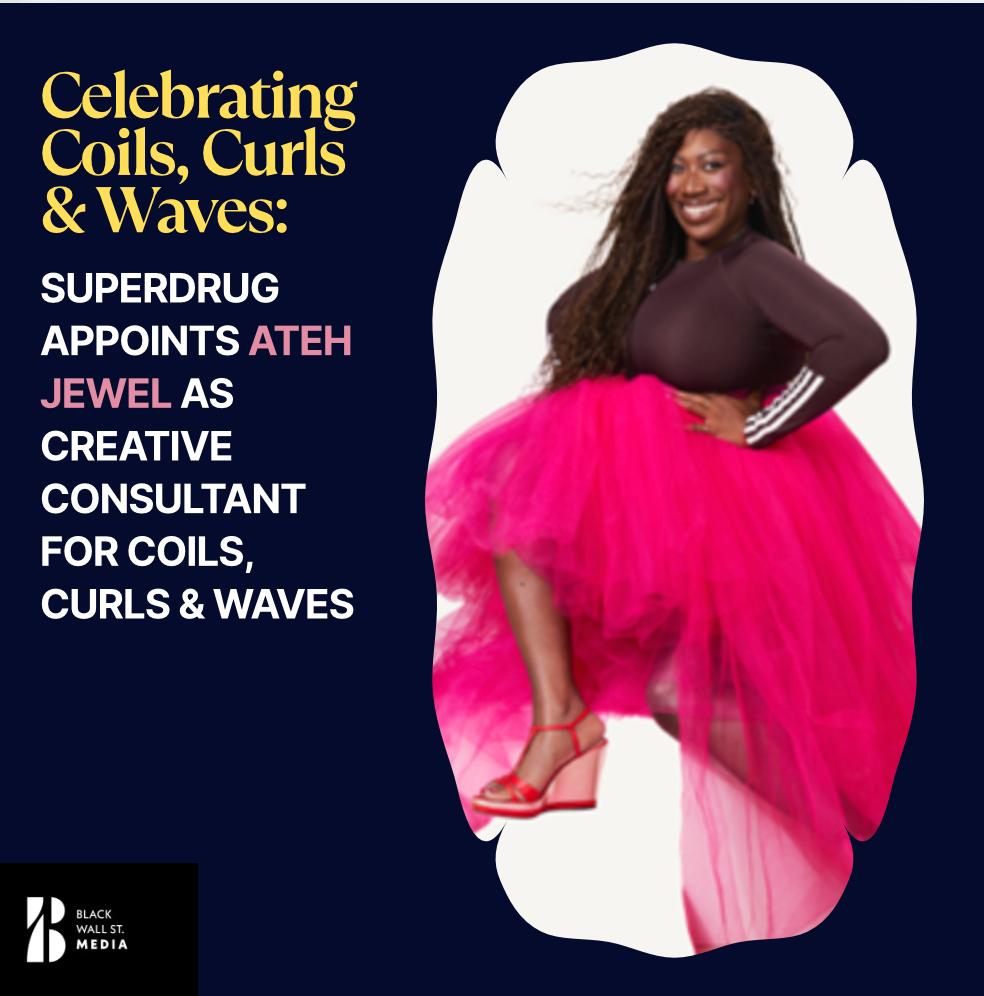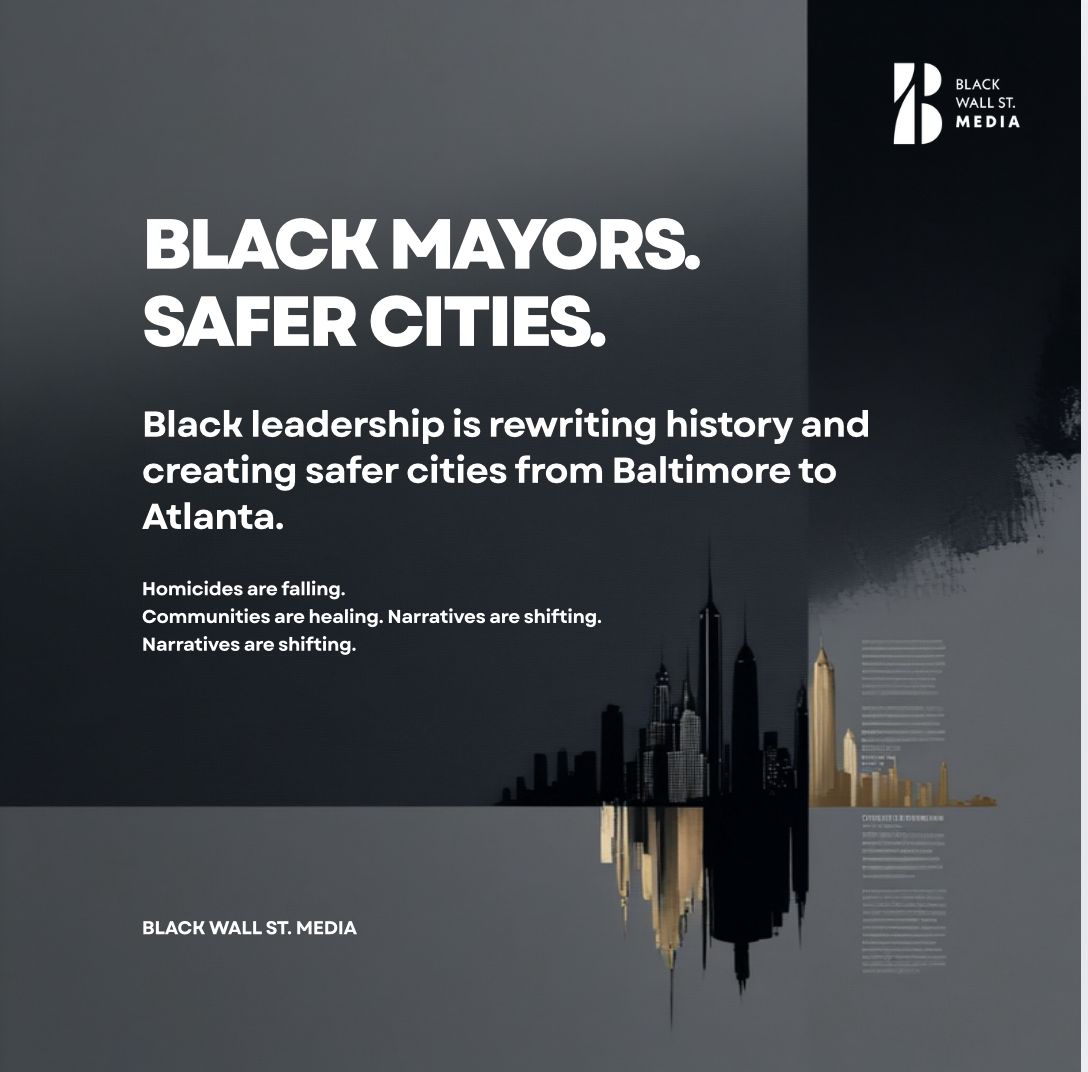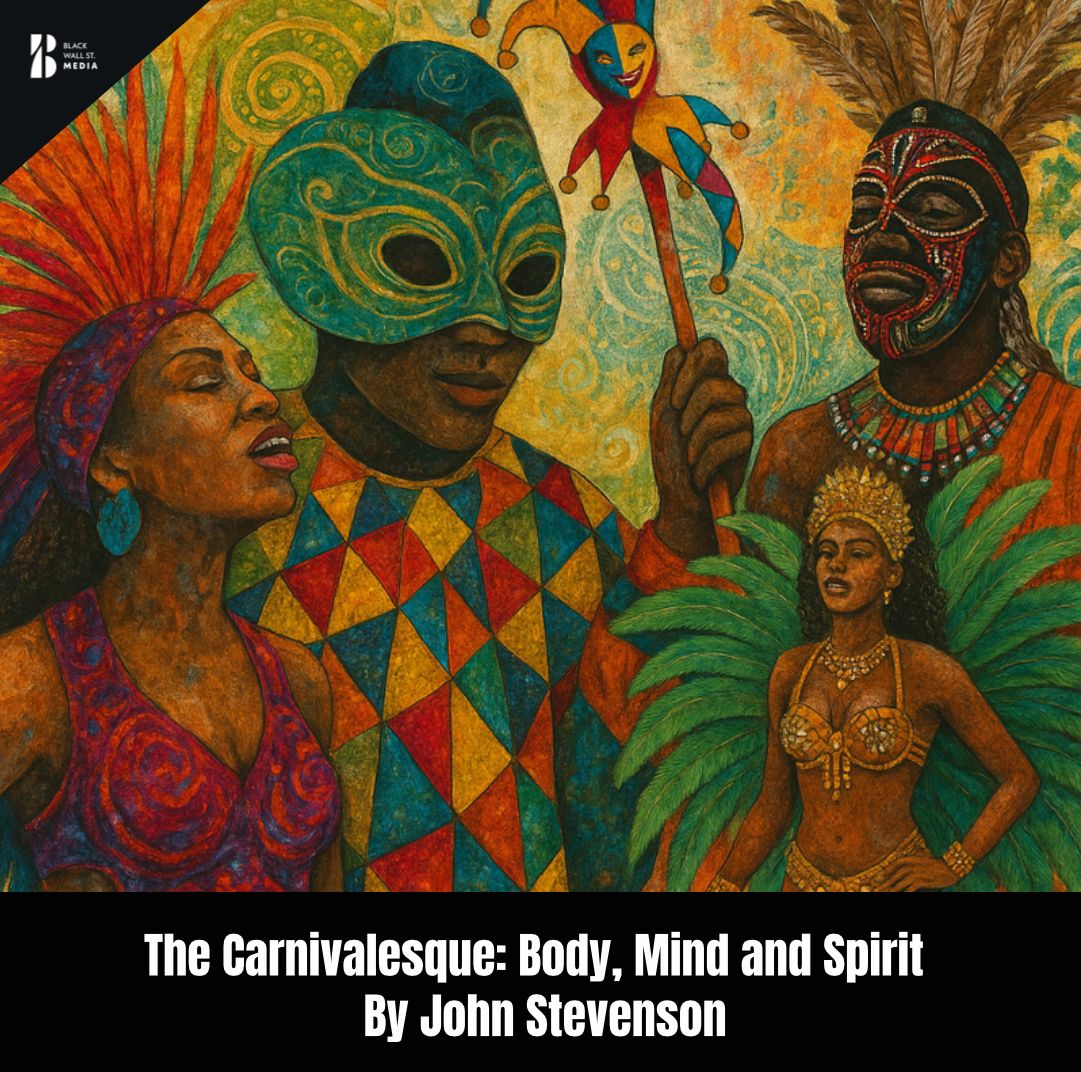In Memoriam
Baroness Rosalind Howells of St Davids (1931–2025)
“Baroness Rosalind Howells of St Davids has passed away at the age of 94 — a trailblazer whose life bridged continents, communities, and generations. From her roots in Grenada to the halls of Westminster, she carried the cause of justice with quiet dignity and unwavering conviction. A tireless advocate for race equality, education, and human rights, Baroness Howells stood beside the Lawrence family in their long fight for justice and helped shape Britain’s modern understanding of race and fairness. Her legacy reminds us that progress is not inherited — it is earned, guarded, and renewed by those who dare to care.”
BWSMContributor
Baroness Rosalind Howells of St Davids has gone home.
On the fourteenth day of October, in the year 2025, she slipped from this side of the struggle, aged ninety-four.
Her passing marks not merely the end of a long life, but the closing of a chapter in the unending story of how Black people have sought to make Britain remember its own promises.
She walked with quiet purpose through more than half a century of struggle — for race, for education, for justice — and her name is written, indelibly, alongside the long and unfinished story of the Lawrence family’s pursuit of truth.
The Roots of St Davids
She began life far from the chill of England, born Rosalind Patricia-Anne Howells in the parish of St Davids, Grenada, a place where the earth is red and the ocean blue, and where the faith of our ancestors is buried deeper than memory.
When she rose to the House of Lords, she chose that same name — St Davids — to carry with her, a small and shining rebellion against forgetfulness. For to take the name of your birthplace in the chambers of empire is to remind the empire that it does not own you.
As a young woman, she left those Caribbean hills and sailed toward the promise of a Britain that was still learning the meaning of equality.
Like so many of her generation — the builders, the nurses, the clerks, the mothers — she believed that service could make a home in a land that often refused to see her.
She studied at St Joseph’s College, Reading, at South West London College, and in Washington, D.C., gathering not only knowledge but the armour of experience. She married John Charles Howells in 1955, and together they raised two daughters — women born into a world their mother helped to remake.
The Labour of Justice
Rosalind Howells was not a woman of noise; she was a woman of work. She built her reputation from the ground up — the community halls, the classrooms, the committee meetings no one else wanted to attend. She was the bridge that so many of us walked across, often without knowing her name.
As Director of the Greenwich Racial Equality Council, she fought against the quiet cruelties of housing policy, education bias, and exclusion.
She served on the Greater London Council’s Training Board — the first Black woman to do so — and later became the first female member of the Court of Governors at the University of Greenwich.
She was not interested in tokenism. She was interested in transformation. “Representation,” she once implied, “means little if the door behind you is closed to others.”
For her decades of service, she was made OBE in 1994. Yet those who knew her understood that medals meant little compared to progress. She went on to serve as Chancellor of the University of Bedfordshire, and sat on boards connecting Britain and the Caribbean, education and development, heritage and hope.
A Voice in the Halls of Power
When she entered the House of Lords, Baroness Howells carried the cadence of Grenada into the polished air of Westminster. Her speeches were measured, but beneath them was thunder — the knowledge that the issues she debated were not abstractions but the lives of her people.
She spoke of children cast out of classrooms, of exclusion and despair, of teachers who could not see past the colour of a boy’s skin.
She reminded Parliament that laws without love, and policies without truth, were just performances — “rhetorical commitments,” she said, “without reality.”
She pressed ministers to understand that race, class, and exclusion were not separate subjects but the same thread — and that to pull one without the others was to unravel the nation’s conscience.
The Fire That Never Went Out
It was in the struggle for Stephen Lawrence that her compassion met its fiercest test.When an eighteen-year-old boy was murdered on a London street for being Black, Rosalind Howells stood beside Doreen and Neville Lawrence — not for applause, but out of recognition. She knew the grief of injustice; she knew that pain too well.
She became an adviser, a friend, a witness — one of those rare figures who stand quietly at the edge of history, ensuring that the truth does not fall through the cracks.
When the Stephen Lawrence Enquiry Report finally declared what so many had lived — that the police were institutionally racist — it was the culmination of a movement she had long been part of.
She knew that justice delayed is a language this country speaks fluently.
But she also knew that silence is complicity, and so she spoke, again and again, until institutions began to listen.
The Measure of a Life
When the tributes came — from activists, from politicians, from old comrades of the movement — they spoke of her dignity. Patrick Vernon OBE called her a “guardian of equality,” and that is true, but she was also something rarer: a guardian of hope.
For half a century she stood in the space between community and power, between the people who suffer and the systems that deny it. She never lost sight of who she served.
Her legacy cannot be measured in titles or committees. It lives in every child who dares to dream beyond the limits that society sets for them. It lives in the students she fought for, the policies she changed, the quiet revolutions she sparked in the hearts of others.
The Work That Remains
The truth is, she did not live to see the promised land. Few of us will.
Disparities still scar our schools. Racism still hides behind procedure. Policing still too often confuses authority with justice. And too many still believe that progress is a gift rather than a duty.
But if Baroness Howells taught us anything, it is that justice is not an act; it is a practice — a daily reckoning between the nation we are and the one we claim to be.
Her passing asks us: What will we do with the inheritance of her struggle?
To remember her is to remember that change begins with courage — and courage, as she showed us, begins with love.
Epilogue: St Davids
In Grenada, where the hills of St Davids meet the sea, people will whisper her name with pride. In London, her spirit will live on in the echo of every speech, every campaign, every act of resistance that refuses to let the truth die.
Baroness Rosalind Howells of St Davids has joined the ancestors — the long line of those who believed that justice could be carved out of stone, that equality could be wrestled from indifference, and that love — fierce, disciplined, and unrelenting — could yet redeem the world.
May she rest, not only in peace, but in power.
Salute to Baroness Rosalind Howells and her incredible legacy of fighting for human rights and equality in Britain
Watch full video here: ![]() • Salute to Baroness Ros Howells 16 April 2023
• Salute to Baroness Ros Howells 16 April 2023

